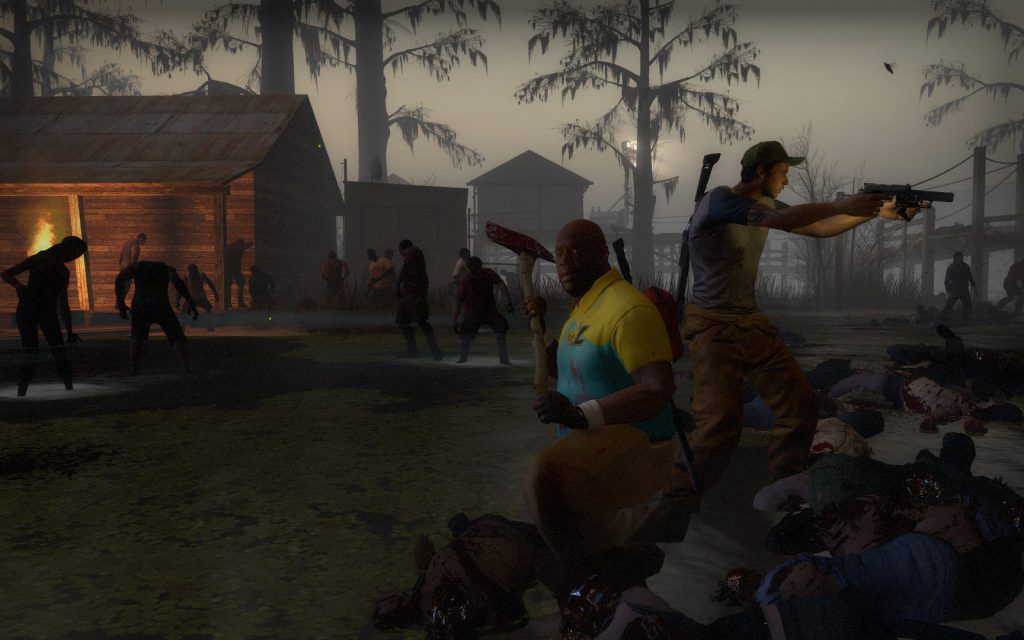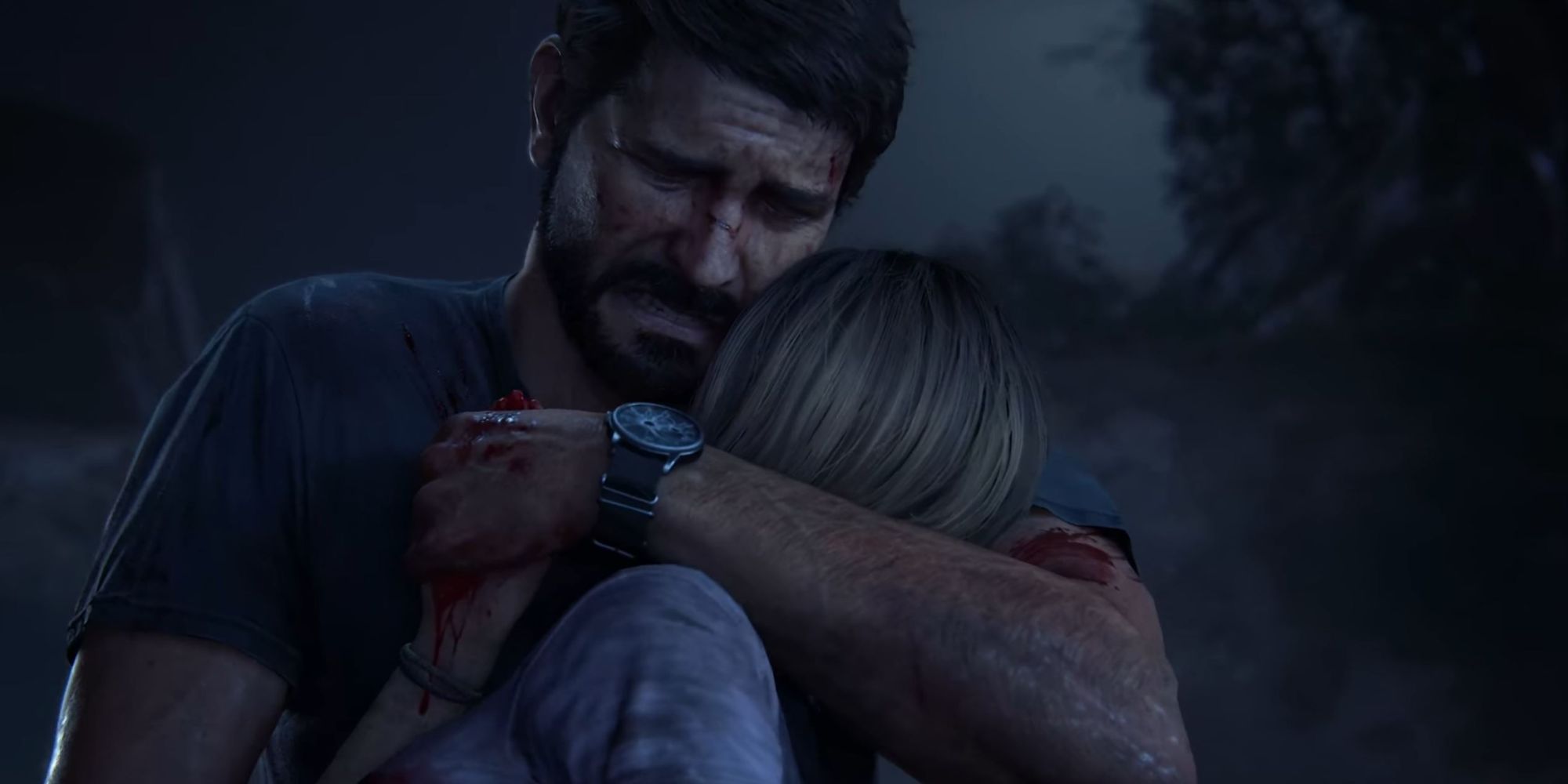Zombie Games: Embrace the Chaos of the Undead
Zombie games have carved out a unique niche in the gaming world, captivating players with their thrilling narratives and intense gameplay. These titles often plunge participants into post-apocalyptic landscapes filled with hordes of the undead, demanding quick reflexes, strategic planning, and unyielding resolve. The genre’s popularity can be attributed to its blend of horror, action, and survival elements, creating an experience that both terrifies and exhilarates.
The Allure of the Undead
At the heart of zombie games lies the compelling allure of the undead. The fear of a world overrun by these grotesque creatures taps into primal instincts, driving players to confront their deepest anxieties. Unlike other genres, where enemies may be abstract or fantastical, the undead evoke a sense of realism that resonates deeply. Players often find themselves immersed in dark narratives that explore themes of survival, loss, and humanity’s fragility. This psychological engagement adds layers to the gameplay, compelling individuals to forge connections with their characters and the world around them.
Survival Mechanics
Survival mechanics play a critical role in many zombie games, as players must navigate treacherous environments while managing limited resources. From food and ammunition to medical supplies, every item can mean the difference between life and death. This necessity for resourcefulness elevates the stakes, challenging players to make difficult decisions under pressure. The crafting systems prevalent in these games often mirror real-life survival skills, allowing players to create weapons, fortifications, and other essential tools. These mechanics enhance the gameplay, demanding both strategic foresight and quick adaptability in the face of relentless threats.
Diverse Gameplay Experiences
One of the most captivating aspects of zombie games is the variety of gameplay experiences they offer. From action-packed shooters like Left 4 Dead to more narrative-driven titles like The Last of Us, the genre encompasses a broad spectrum of styles. Some games emphasize cooperative play, encouraging players to team up against overwhelming odds, while others focus on solitary survival, immersing players in an isolating and haunting atmosphere. This diversity caters to a wide range of gaming preferences, ensuring that everyone can find a title that resonates with their interests.
Immersive Environments
The environments in zombie games are often meticulously crafted to enhance immersion. Players may traverse desolate cities, overgrown forests, and eerie rural landscapes, each filled with the remnants of a world that once thrived. The attention to detail in these settings amplifies the sense of dread and urgency. Dynamic weather systems and day-night cycles further contribute to the realism, affecting gameplay and player strategies. This immersive quality creates a captivating backdrop for the unfolding narrative, allowing players to lose themselves in the chaos of the undead.
The Role of Narrative
Narrative is a driving force behind many zombie games, providing context and emotional depth to the gameplay experience. Players often find themselves entangled in complex stories that delve into the human condition, exploring themes of morality, sacrifice, and resilience. These narratives can evoke a range of emotions, from fear to sorrow, as players navigate the harsh realities of a world dominated by the undead. Character development is often rich, with protagonists facing moral dilemmas that challenge their beliefs and instincts. This storytelling element adds a significant layer to the gameplay, engaging players on both emotional and intellectual levels.
The Social Aspect
The social aspect of zombie games cannot be overlooked. Many titles offer multiplayer modes that encourage collaboration and competition among players. Forming alliances can lead to enhanced survival chances, fostering camaraderie in the face of overwhelming odds. However, the potential for betrayal adds a thrilling edge to these interactions. Players must navigate a landscape where trust is fragile, creating a dynamic that mirrors the chaos of the game world. This social gameplay enhances the overall experience, making each encounter unpredictable and exhilarating.
Challenges in the Genre
Despite their popularity, zombie games are not without their challenges. The genre has faced criticism for its reliance on certain tropes, leading to repetitive gameplay and predictable narratives. As the market becomes increasingly saturated, developers must strive for innovation to keep players engaged. The challenge lies in finding new ways to present the undead while maintaining the core elements that fans love. Balancing nostalgia with fresh ideas will be crucial for the genre’s continued evolution.
The Future of Zombie Gaming
Looking ahead, the future of zombie games appears promising. Advances in technology, particularly in virtual reality and augmented reality, offer new avenues for immersive experiences. As developers experiment with these technologies, players may find themselves even more deeply embedded in the world of the undead. Additionally, the genre’s ability to address contemporary issues—such as pandemics and societal collapse—ensures its relevance in a rapidly changing world. The flexibility of zombie games allows for continuous evolution, ensuring that they remain a staple of the gaming landscape.
In summary, zombie games provide an exhilarating fusion of horror, strategy, and survival that continues to captivate audiences worldwide. Their exploration of the human experience, combined with immersive gZombie Gamesameplay and compelling narratives, creates a unique and engaging genre. As developers innovate and expand the boundaries of what these games can offer, players can look forward to new adventures that embrace the chaos of the undead, ensuring that the fascination with this genre endures for years to come.



